Conservatives expand gambling, Miami reps break rank, and state COVID testing comes to a close
It’s Monday, May 24, and we’re back. It’s been a festive few weeks in Florida politics as state legislators are fresh off a special session to bring new gambling games to Florida, and next year’s election season is starting to heat up.
WHAT WE’RE TALKING ABOUT
Sports book jump ball: Who would have thought that one of the most conservative legislatures in years would have signed off on the most expansive gambling deal in more than a decade? It all happened in record time last week as the week-long special session was truncated to three days and legislators quickly ratified a 30-year multi-billion dollar gambling compact with the Seminole Tribe of Florida.
The Florida Senate spent a mere hour in floor debate on the subject and the House deliberated for just over three hours.
How many lawmakers can tell you what the bills do and don’t do? We have theories. For example, did you know that despite all the talk of data privacy during the regular session, lawmakers made no effort to include any protections against using sports bets to harvest consumer data to market to them more gambling?
Courts will decide: Proponents say the deal will make Florida the largest state to offer betting on sports teams. But whether that happens is the $100 million-dollar-a-year question that only the courts and the federal Department of the Interior will decide.
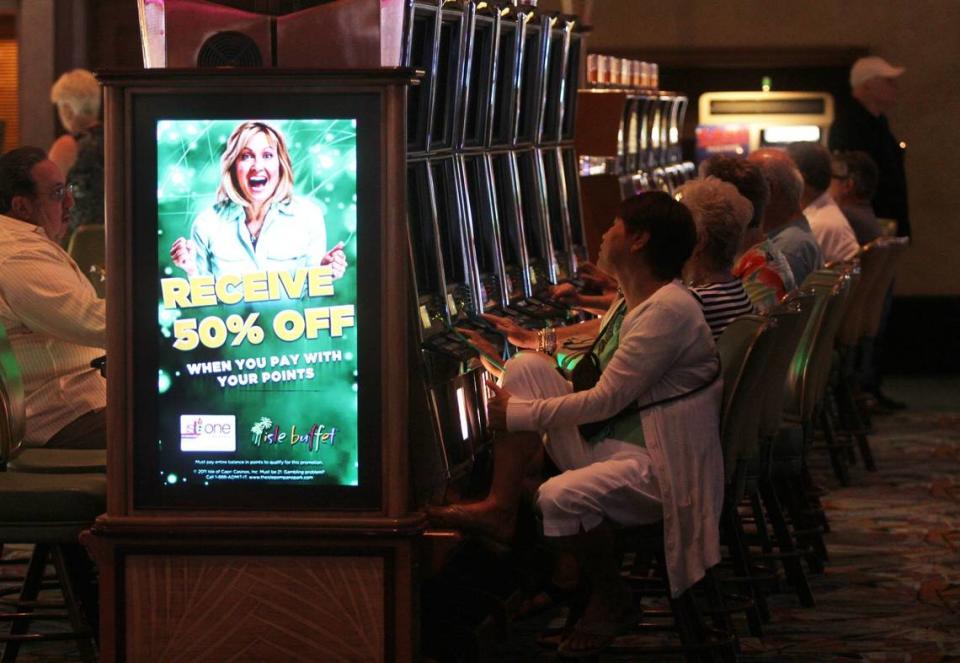
Precarious legal theory: Gov. Ron DeSantis predicated the compact on a legally precarious theory in an effort to avoid having to bring the measure to a statewide vote as required under Amendment 3, approved by voters in 2018. The theory: That wagers placed on sports teams anywhere in Florida will technically be taking place on tribal land because that’s where the internet servers for all sports books shall be located.
Federal law states that any gaming activities authorized under a tribal-state compact must take place on tribal land. Does that include transactions over the Internet? The U.S. Department of Interior will decide and a legal challenge in federal court is also inevitable.
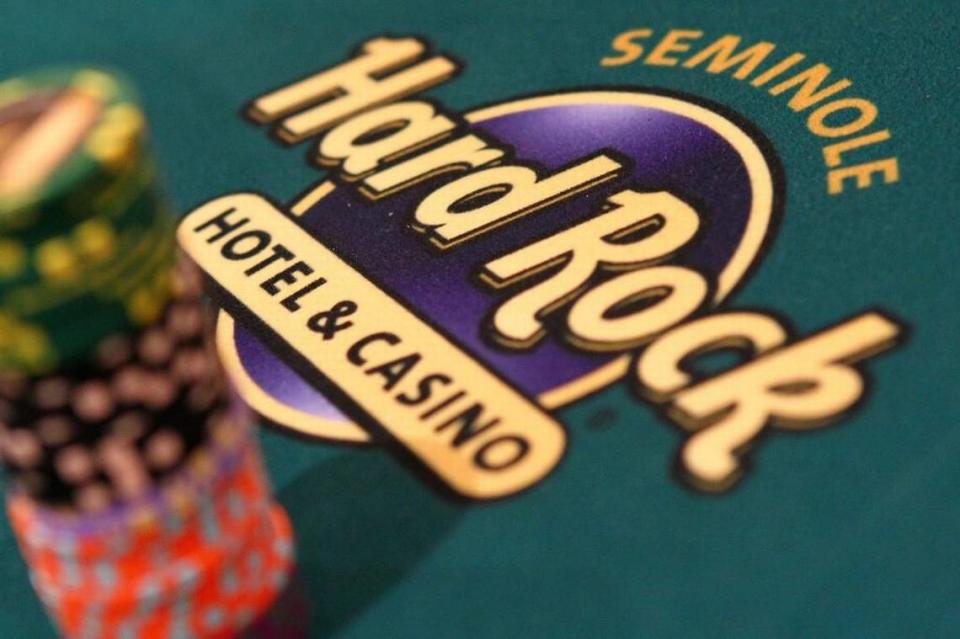
Supporters wary: Even supporters appeared doubtful. Rep. Randy Fine, who headed the House Select Committee on Gaming, urged his colleagues to approve the deal, and then warned that “there’s a good chance” the courts will rule against the framework that mobile bets will be considered occurring on tribal land and a “reasonable chance” the courts will say the measure needs a statewide vote.
As evidence that supporters are wary of the legal theory, the governor and Tribe injected a severability clause into the deal. Even if the courts reject the sports betting expansion, the Tribe can keep three new casinos in Broward and the addition of craps and roulette at all its facilities — something it has sought for years.
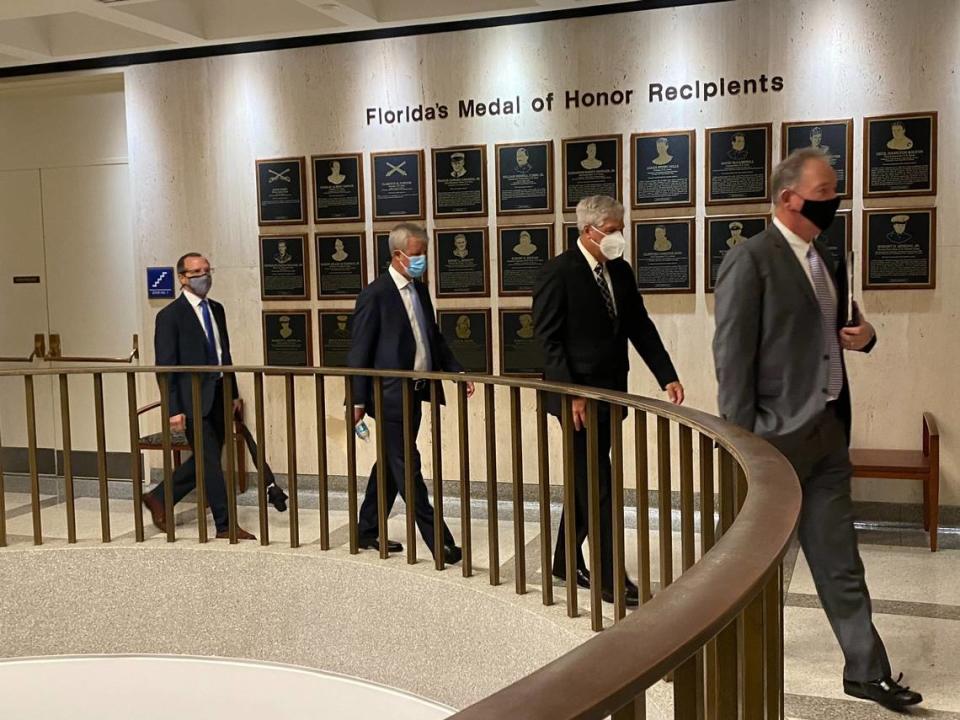
Gaming commission: The vote had some of the state’s most conservative voters frustrated and perplexed about how the same legislature that restricted abortion and transgender rights also voted to expanding gambling. But change is coming. Legislators used the session to also pass legislation creating a Gaming Control Commission, a new bureaucratic agency housed in the attorney general’s office with sweeping new powers to regulate non-tribal gaming, an crack down on gray market imitators.
WHAT WE’RE WATCHING
More deals ahead: Want proof we’re going to be hearing more about this deal in months to come? There was nothing in the deal that directly sanctioned the prospect of a casino at Trump’s Doral National resort, or at the Fountainebleau in Miami Beach, but they can’t be ruled out either. Then there’s the curious endorsement of Senate President Wilton Simpson by the former president on the eve of the special session. Simpson heavily promoted the gambling deal and now is expected to announce his candidacy for agriculture commissioner soon.
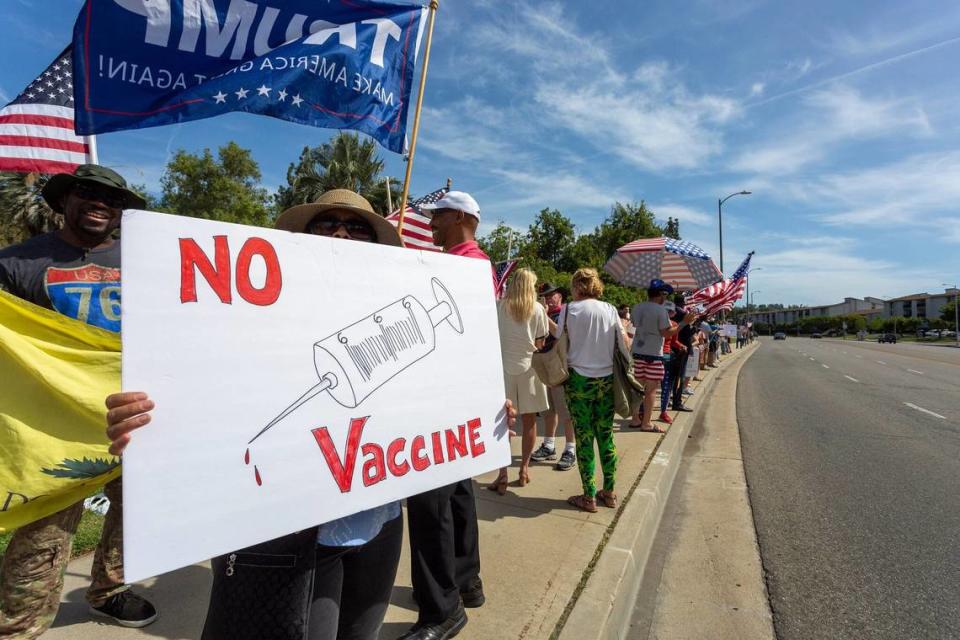
Masks in schools: With COVID-19 cases continuing to decline, and vaccinations rising, the question over mask mandates in public schools continues to be a question. About 80 anti-mask protesters — some of whom did not have children in public schools — rallied outside the School Board meeting last week, demanding an end to mask mandates in schools. Superintendent Alberto Carvalho said the district had to walk back its sudden decision Tuesday to allow optional mask use outside when socially distanced. He also definitively announced that the 2021-22 school year would be mask-optional, though that was not the consensus at Tuesday’s medical task force meeting for the district.
All state-run testing sites in Florida will close by May 28, including Hard Rock Stadium in Miami Gardens. At least one FEMA vaccine site will remain open.
GOP vaccine hesitancy: Polls now show that Republican voters are significantly less likely to seek the vaccine than Democrats and Independents, a trend that could complicate the campaign to reach herd immunity in the United States.
Vaccine tourists: The uneven vaccine rollout in many parts of Latin America and the Caribbean is fueling a budding vaccine tourism industry where the privileged with access to U.S. visas and money for airfare are flying thousands of miles to Miami, Houston and elsewhere to get their shots.
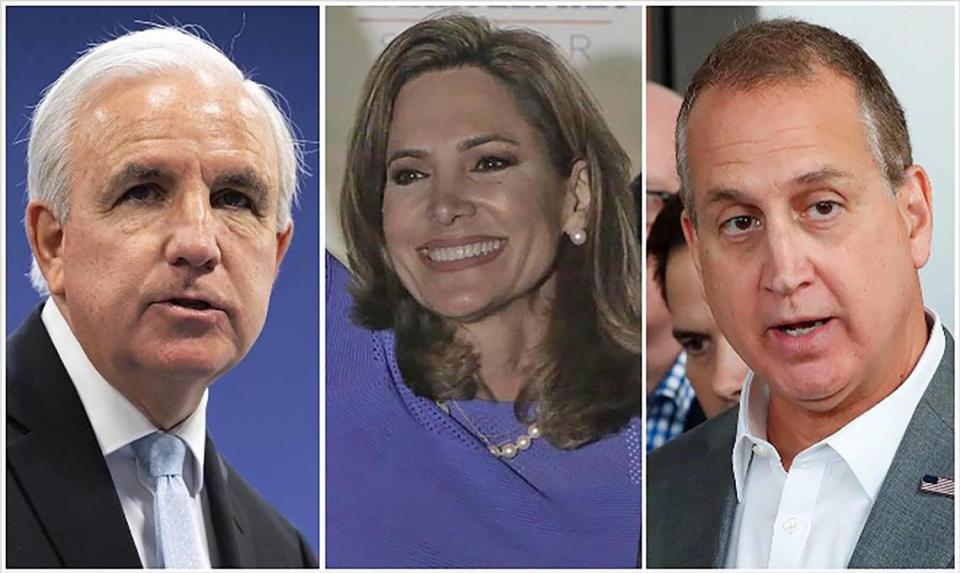
Silence on Cheney: Miami-Dade U.S. Reps. Carlos Gimenez and Maria Elvira Salazar broke with their GOP colleagues last week and voted to form a commission to investigate the violent January 6 attack on the Capitol. But how did Miami reps vote on the outster of Congresswoman Liz Cheney from her House leadership position for her vote to impeach former Trump on a charge of inciting the Jan. 6 insurrection? They won’t say.

Crist makes the rounds: Charlie Crist, the first Democrat to officially challenge DeSantis for governor, made the first of what will likely be many stops in Miami recently as part of his tour since announcing his third run for governor.
Piney Point lawsuit: Officials in charge of Piney Point neglected their duty when they allowed the problems at the contaminated site to fester unchecked for years, according to a lawsuit filed last week by a coalition of environmental groups.
Election law lawsuit: Alleging discrimination against Black and Latino voters, a coalition of groups filed the third federal lawsuit against. the new election law passed last month signed by Gov. Ron DeSantis during an appearance on Fox News.
When the governor made that call, he not only broke from decades of precedent when he blocked all news outlets except FOX News from covering the signing of a voting bill into law, he also may have violated the U.S. Constitution., according to First Amendment scholars.
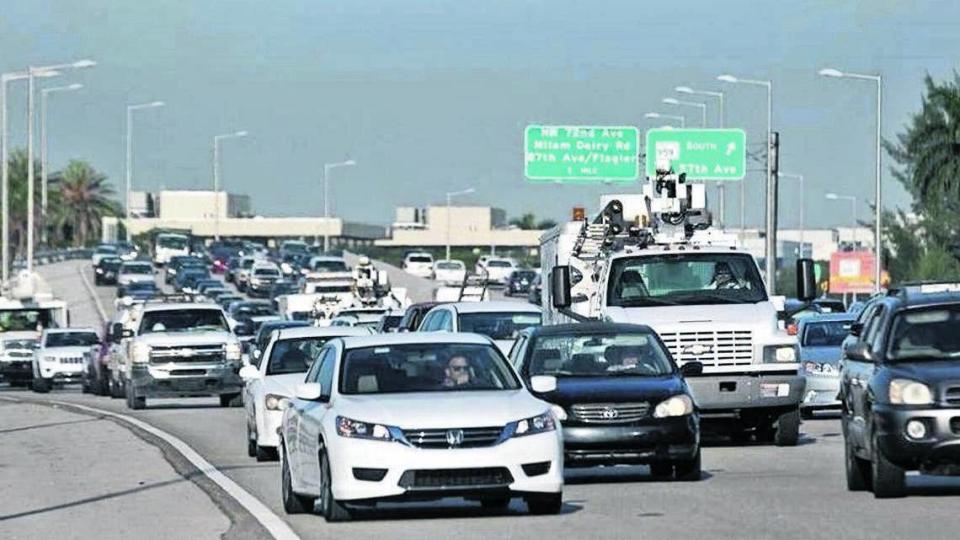
Toll wars: Florida lawmakers dissolved the Miami-Dade Expressway Authority two years ago, but that didn’t stop county commissioners from voting to fill five MDX board seats last week in what will be a continued legal fight to block GMX takeover.
Here’s a fun read: Miami-Dade County continues to undergo a transformation, increasingly home to urban villages or centers — compact, pedestrian-friendly places where people can live, shop or dine out, even work or go to school, with few or mercifully short trips by car. Here’s our look at some of the county’s burgeoning neighborhoods.
Stay well and we’d love to hear from you. Miami Herald Capitol Bureau Chief Mary Ellen Klas curated this newsletter. If you have any ideas or suggestions, please drop me a note at meklas@miamiherald.com.
Special offer: The Miami Herald needs your support if we are to continue to supply the meaningful local journalism you count on during these unprecedented times. We’ve lowered our monthly rate for unlimited digital access to $.99 a month. Check it out!
Know someone who’d like to get this? Send this to a friend to receive our weekly newsletter on politics and policy.

